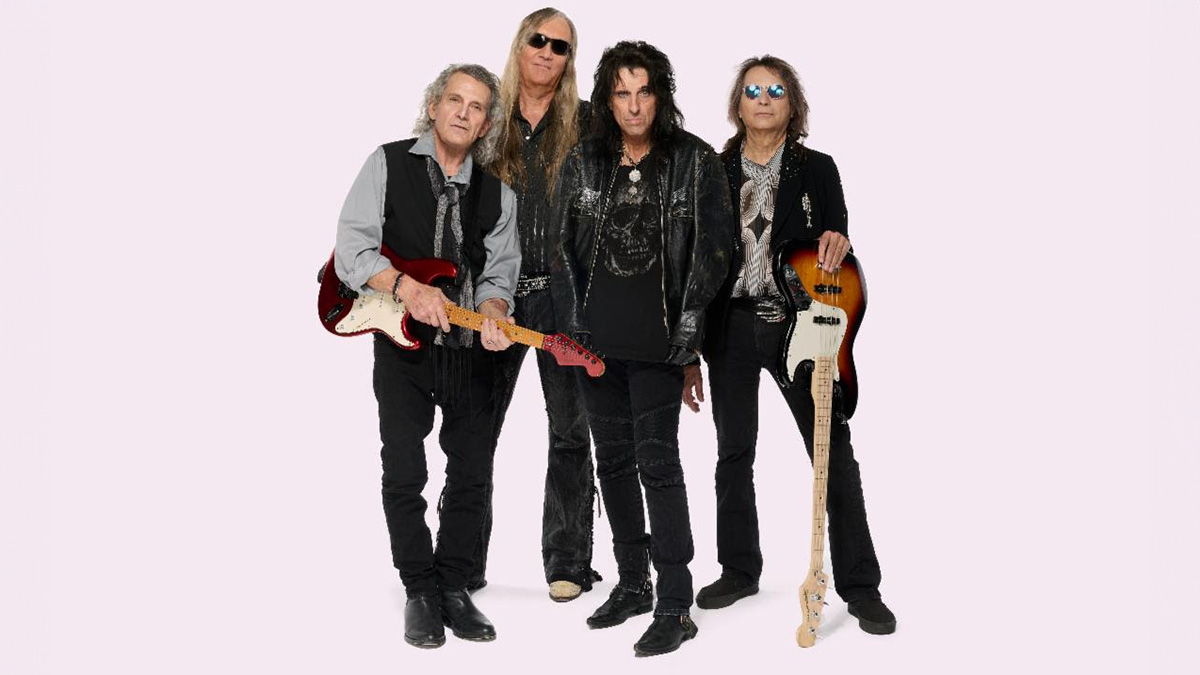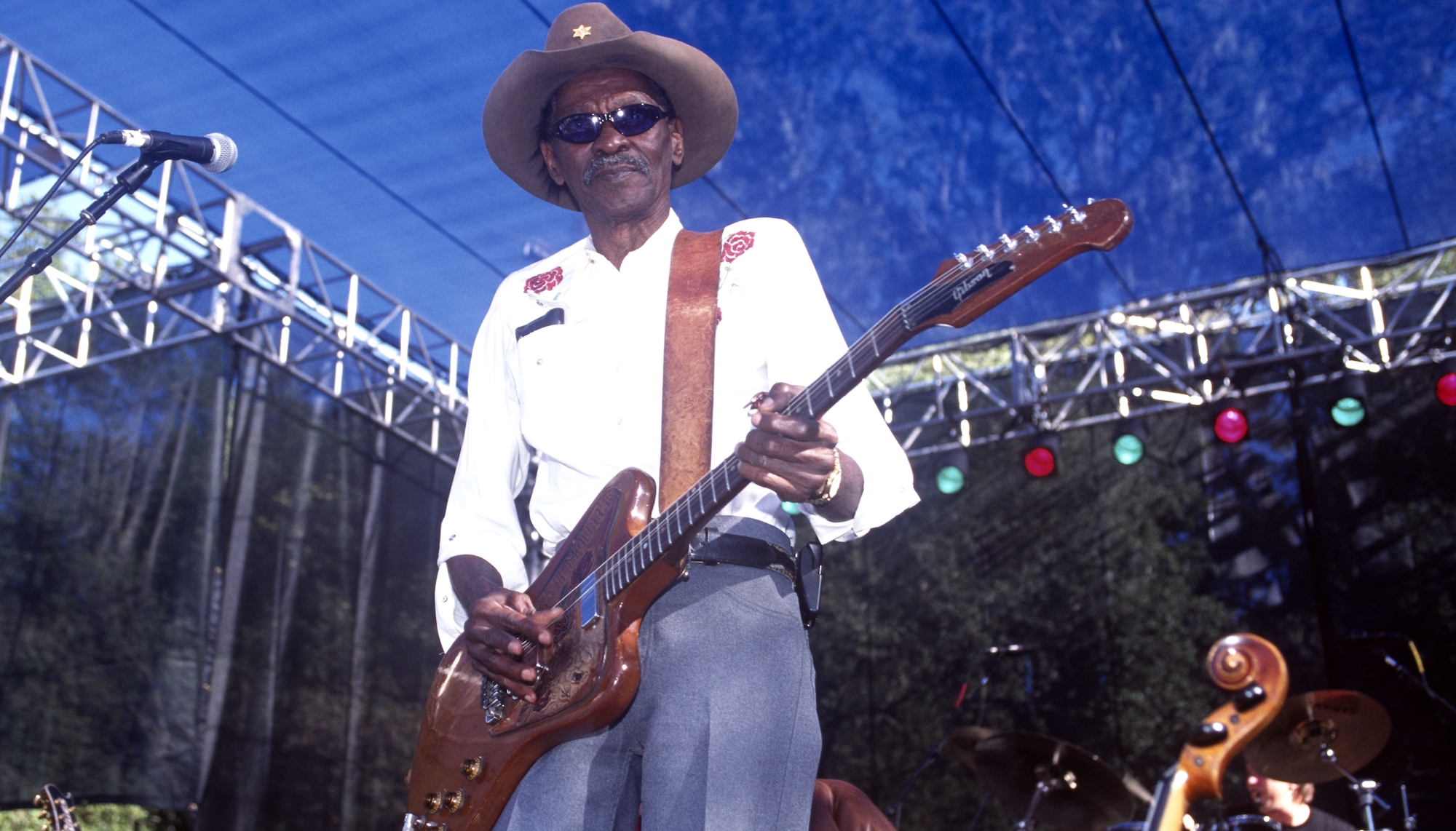“I played and sang Suffragette City and everyone else was doing Foxy Lady – I was so drunk, I didn’t even know”: The Cure’s Robert Smith on his disastrous first show as a singer and guitarist... when he butchered a Jimi Hendrix classic
Smith only carried on fronting the band because he’d fallen out with everyone who filled the role

Amid a stunning new album and a short-but-sweet return to the stage with The Cure, Robert Smith’s stock couldn’t be much higher as the new year beckons. But his career as a singing guitarist got off to a cacophonous start as he drunkenly butchered a Jimi Hendrix classic.
“I was horrified when I ended up as the singer,” he tells The Charlatans’ Tim Burgess on his Absolute Radio show.
At the start of his career, Smith loathed center stage, preferring to simply strum his electric guitar away from the spotlight – or avoid the stage entirely.
“At school, I never did anything on stage, I was always doing wardrobe stuff,” he relays. “Even when we did our first shows, I sang one song at our first show, just to see what it felt like, and I sang the wrong song.
“I sang and played Suffragette City and everyone else was doing Foxy Lady. I was so drunk I didn’t even know!”
That calamitous gig did his confidence no good. He believed he was destined for a career well away from microphones.
“I never felt like I was cut out to be a singer, I kind of just grew into it because I fell out with everyone else who occupied that position until I became the de facto singer,” Smith extends.
Get The Pick Newsletter
All the latest guitar news, interviews, lessons, reviews, deals and more, direct to your inbox!
A post shared by Absolute Radio (@absoluteradio)
A photo posted by on
That’s why, he says, his voice is so low in the mix on the band’s early records, explaining: “I didn’t think anyone would like what I sounded like. I didn’t!”
And yet the gothic songsmith has had a glittering career – despite the decidedly un-glittery sound of The Cure’s music. New album Songs of a Lost World, their first in 16 years, has received rave reviews, while Smith’s current live rig has turned heads.
Featuring discontinued plastic pedalboards and outdated modeling combo amps, it’s a setup that flies in the face of modern guitar culture. In truth, though, it’s fitting for a musician who has never followed or bucked to trends. It stands as a totem for doing it your own way.

“For whatever reason, when I sing, people connect with it,” he concludes. “I have no idea why, and I don’t think any signer does.”
Even though he felt his vocals were sub-par, he still pushed on, chasing art over perfection. The Cure were inducted into the Rock and Roll Hall of Fame in 2019, which is quite the turnaround from butchering Hendrix via a mashup no one wanted, but a small unsuspecting crowd got.
A freelance writer with a penchant for music that gets weird, Phil is a regular contributor to Prog, Guitar World, and Total Guitar magazines and is especially keen on shining a light on unknown artists. Outside of the journalism realm, you can find him writing angular riffs in progressive metal band, Prognosis, in which he slings an 8-string Strandberg Boden Original, churning that low string through a variety of tunings. He's also a published author and is currently penning his debut novel which chucks fantasy, mythology and humanity into a great big melting pot.
“Chuck Berry's not a very good guitar player. He's a clown. He runs all over the guitar, just like any one of these old rock players would do, and makes no sense”: Clarence “Gatemouth” Brown pulled no punches when speaking about his fellow guitar heroes
“I said, ‘Merle, do you remember this?’ and I played him his song Sweet Bunch of Daisies. He said, ‘I remember it. I've never heard it played that good’”: When Roy Clark met his guitar hero











